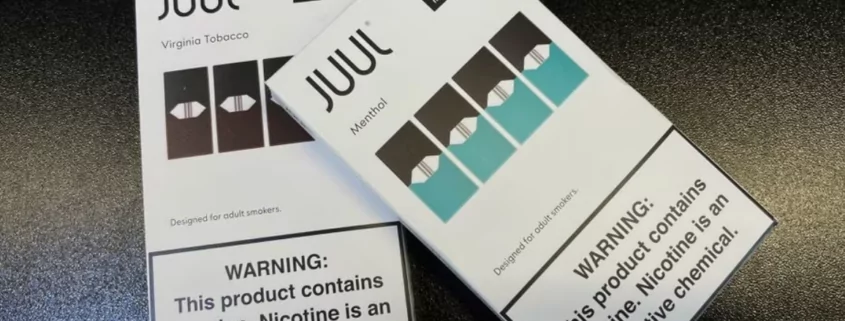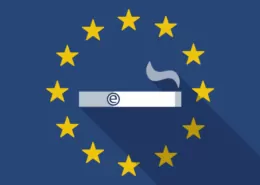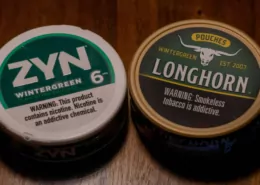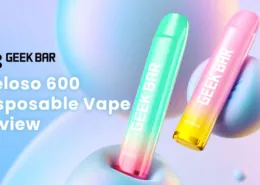Juul Seeks FDA Approval for Upgraded E-Cigarette
In a bid to improve adult-smoker switching from combustible cigarettes and curb underage access to vapor products, Juul is requesting FDA approval for an updated version of its e-cigarette. This move comes a year after the company faced a setback when its fruity-flavored devices were briefly taken off the market. The new e-cigarette boasts age-verification capabilities and a unique Pod ID chip, which aims to prevent consumers from using counterfeit pods with the device.
Juul’s Commitment to Public Health
According to Juul’s news release, the next-generation product represents a technological solution for two pressing public-health problems. Firstly, it seeks to facilitate adult-smoker transition from combustible cigarettes to the safer alternative of vaping. Secondly, it aims to restrict access to vapor products among underage individuals, addressing concerns about youth vaping.
In the UK, where the new JUUL2 System was initially launched, promising results emerged. Over 32% of users switched from combustible cigarettes to the vape device within just six months of purchasing the product. Such findings support Juul’s claims of offering a potential harm-reduction tool for adult smokers.
Protocols and FDA Approval
While the next-generation e-cigarette has already been released in Canada and the UK, it faces essential protocols in the United States. The company must prove that the device exposes smokers to fewer carcinogens than traditional cigarettes, a critical factor in gaining FDA approval.
Juul’s Past Legal Challenges
This move marks Juul’s reentry into the public eye following a financial crisis in April, when it agreed to pay a hefty $462 million settlement to six states and Washington, D.C. The claims against Juul revolved around allegations that its devices caused addiction in minors. Although the company did not admit to any wrongdoing in the settlement, states accused Juul of illegally marketing its products to minors and employing targeted advertising campaigns to appeal to a younger demographic.
New York Attorney General Letitia James highlighted the severity of the situation, stating that Juul’s misleading actions led to a nationwide public health crisis, putting addictive products into the hands of unsuspecting minors. On the other hand, California Attorney General Rob Bonta emphasized the collective efforts to protect the younger generation from the harmful effects of vaping and nicotine addiction.
Commitments and Age Verification
In response to the legal challenges, Juul pledged not to market its products to consumers under 35 years of age. Furthermore, the company imposed restrictions on the number of pods customers could purchase both in stores and online. Age verification measures are now integrated through a connected app to ensure compliance.
Pursuit of Harm Reduction
Juul’s Chief Regulatory Officer, Joe Murillo, highlighted the significance of their next-generation vapor platform’s Pre-Market Tobacco Product Application (PMTA). This platform is built on advanced technology and compelling scientific evidence, demonstrating clear public-health benefits, as required by FDA regulations. Juul looks forward to engaging with the FDA during the review process to further pursue this vital harm-reduction opportunity.
Conclusion
Juul’s latest endeavor to seek FDA approval for its upgraded e-cigarette showcases the company’s commitment to public health and harm reduction. By targeting adult smokers and curbing underage access to vaping products, the new technology aims to address two major challenges in the tobacco industry. As the FDA reviews Juul’s application, the potential impact of this next-generation product on public health remains a subject of significant interest.
- Minneapolis Sets $25 Minimum Price for E-Cigarettes - July 11, 2025
- Alabama Schools to Implement New Anti-Vaping Policies - July 11, 2025
- Is Vaping and Driving Illegal in Rhode Island? (2025 Guide) - July 10, 2025









